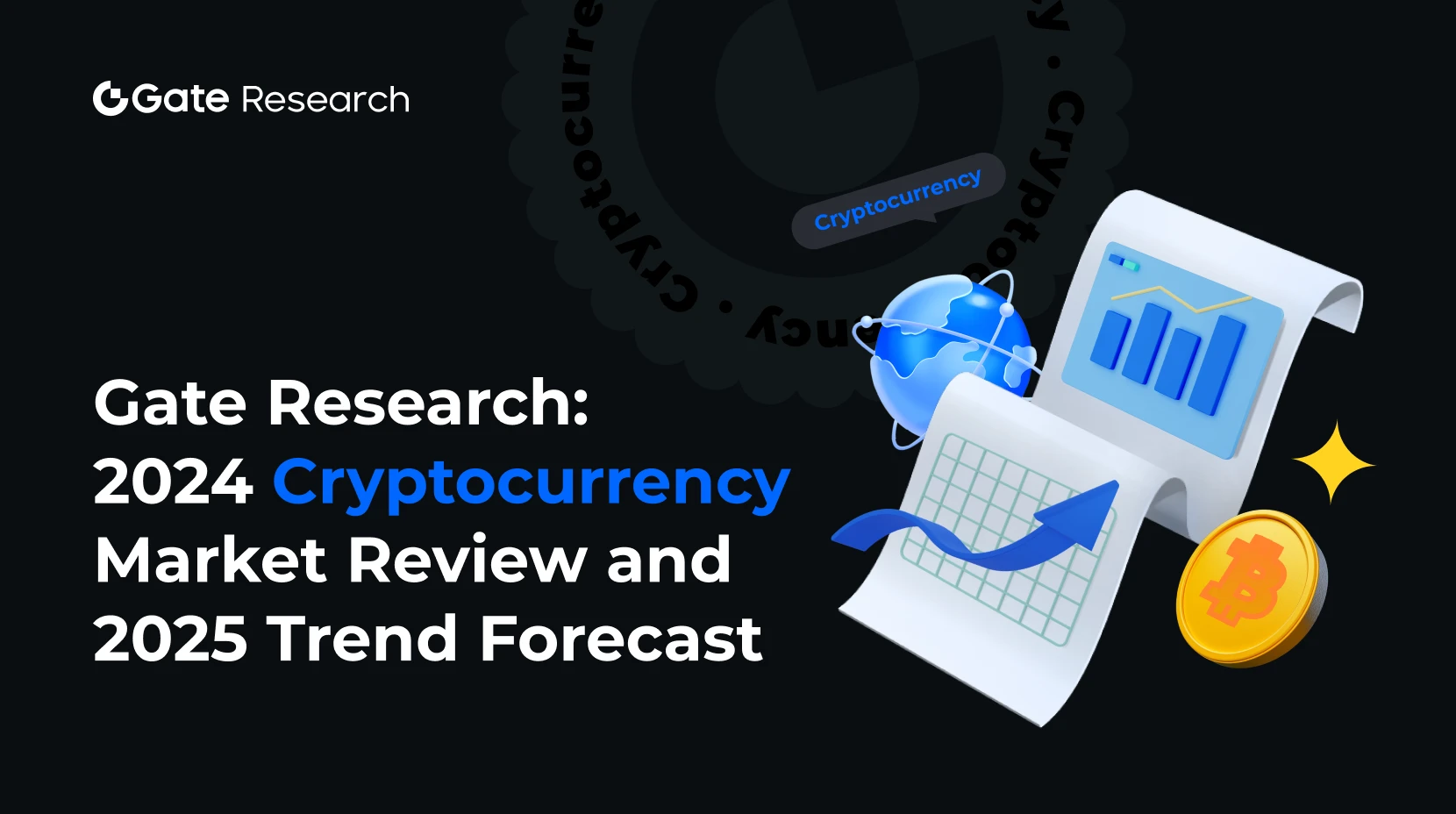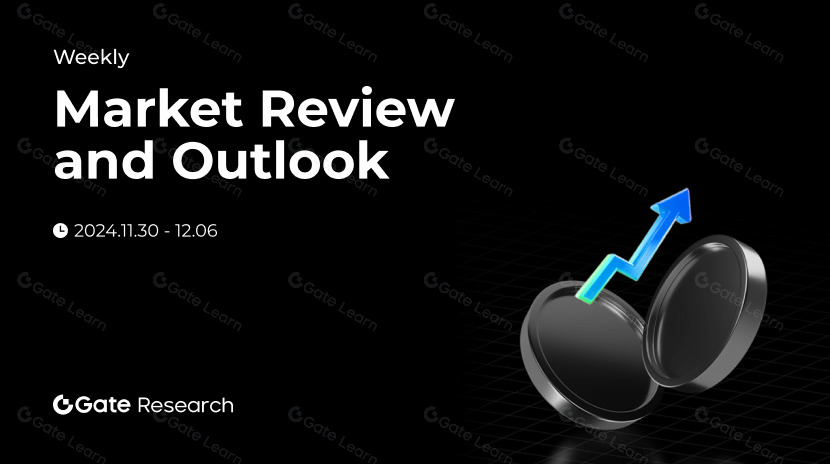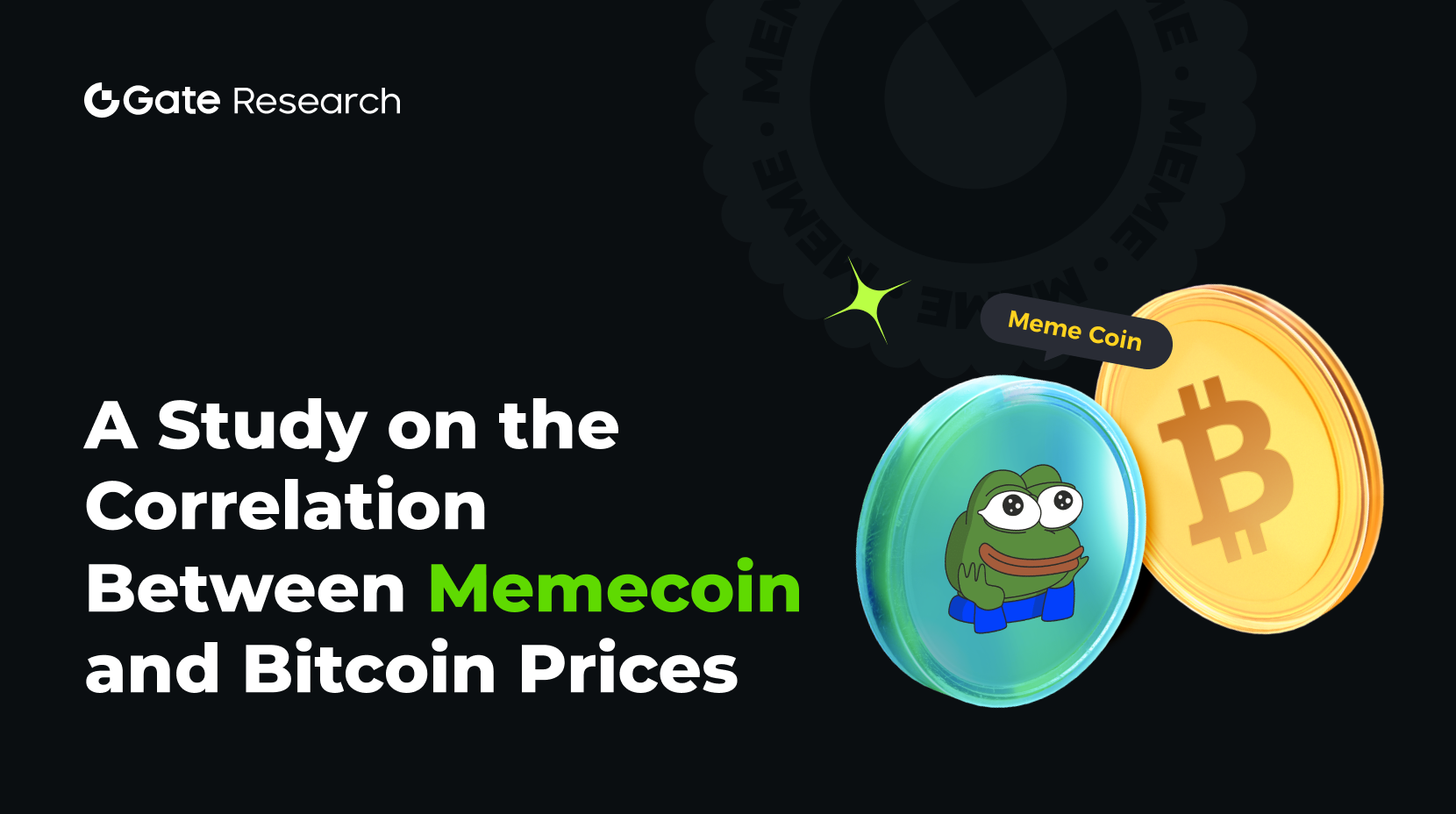AI bubble and Crypto bear market, these are all noise.
Over the past two weeks, the AI bubble has dominated discussions in the global tech sector. Heated debates have led to a 5% drop in the market capitalization of Nasdaq-listed companies, and valuations for leading AI firms like NVIDIA, Meta, and Oracle have fallen by 10–30%. Influential figures from both tech and finance have voiced sharply divided opinions, sparking fierce arguments. At the same time, the crypto market has faced continuous declines since October 11, with the entire industry anxiously debating if a bear market has arrived.
Friends often ask for my perspective on the AI bubble and whether crypto is in a bull or bear cycle. Honestly, I don’t know, and it’s not something I worry about. Both AI and crypto involve significant uncertainties: Whether large language models will lead to Artificial General Intelligence (AGI), whether AI companies are boosting reported profits by extending depreciation schedules, whether huge numbers of GPUs are sitting idle, and when crypto market liquidity will recover. These questions matter to the likes of Trump, Jensen Huang, Elon Musk, and Altman—but for ordinary people like me, resolving them isn’t a prerequisite for making sound choices. Arguments vital to industry titans may be just noise for the rest of us. Focusing too much on this noise can blind us to genuine, clear opportunities.
Today’s media landscape is shaped by a handful of elites who control the narrative and capture public attention. Everyday people struggle with reality, often neglecting issues directly relevant to themselves while expending energy on elite concerns. It takes real effort to shed the illusion that you’re a financial mogul or industry leader, and to remember that their power and wealth are not yours—and neither are their problems. If you spend your attention on debates engineered by the elite, you lose yourself in their world and miss out on tangible opportunities in your own life.
Most people over forty have stories about missing the internet boom. I often reflect on those early years in the 2000s, wondering why I and so many others missed the best chance to join the internet revolution. Looking back, by 2002–03, the internet’s success was already clear: explosive user growth, increasing average online time, and the migration of information access and commercial transactions online. What clearer signal could there have been? What trend was more certain than the rise of the internet? Why didn’t we dive in?
Those of us who lived through that time know that most people weren’t blind to these signals—they hesitated because they got caught up in endless debates. First, we questioned whether the internet had a viable business model. When Google demonstrated the power of advertising, we debated if that model had enough room to grow. With the rise of e-commerce, we worried that payment and return issues would permanently hamper China’s online retail sector. As online gaming took off, we argued about whether youth addiction would undermine the nation’s future. Then came social media and online payments, and we wondered when the government would intervene. When Bitcoin launched, we debated whether Satoshi Nakamoto was CIA, or whether Li Xiaolai was just boasting. Throughout, these topics captured our attention, making us play the roles of industry association leaders, youth advocates, bank executives, or even regulators. We hesitated endlessly, ignoring the obvious certainty of the internet’s success and becoming lost in a sea of trivial uncertainties.
Sadly, the historical records of China’s internet are reportedly being erased at record speed. Even if historians deployed AI to reconstruct the past, they might never imagine how much time and opportunity ordinary people spent debating other people’s problems. Most accounts of internet history focus on the winners, portraying them as visionary, talented, resilient, and insightful—while few ever reflect on the lessons for “ordinary people.” While our generation’s memories are still fresh, I want to share this lesson: Other people’s problems are not necessarily yours, and what’s a signal for them could be noise for you. Don’t get caught up in debates that don’t concern you. Just observe the facts and focus on clear, large-scale trends. For most people, that’s enough.
Wall Street and Silicon Valley are making a huge fuss about AI because nearly all US credit resources are being channeled into AI, and most economic growth now comes from AI investment. There are also troubling signs in the industry’s revenue and financial behavior. Is this a problem? Yes. But whose problem is it? It’s a problem for Wall Street and Silicon Valley, maybe for the White House and the Fed, or for various Asian funds and family offices—but almost certainly not yours. You’re not Jensen Huang, not Altman, not Michael Burry, and not Larry Ellison’s brother-in-law. Whether or not AI is a bubble is not your concern.
So what should you care about? While we don’t know if large models will lead to Artificial General Intelligence (AGI), AI’s current capabilities are already strong. In fact, AI’s potential hasn’t yet been fully tapped, and the main bottleneck is people. A new group of “AI super users” is emerging—those who can skillfully combine different AI tools to outperform competitors in their fields. Are you still treating AI as just a search replacement? Many products in AI verticals are generating substantial real revenue, and in order to sustain capital support, AI giants are actively expanding user bases and incentivizing application developers. Can you innovate in your area of expertise?
In blockchain, even as speculation has increased in recent years, foundational infrastructure has solved transaction performance bottlenecks, supporting high-performance, low-latency, large-scale blockchain-based applications. Stablecoins—currently the largest blockchain use case by market capitalization—continue to grow and expand into new areas. More importantly, from Wall Street to Hong Kong, traditional financial assets—stocks, equity, bonds, precious metals, forex, derivatives—are steadily migrating to blockchain-based platforms. This means finance as a whole is moving to the blockchain. So what’s my real concern? It’s not short-term Bitcoin price swings, or when crypto liquidity will recover after a crash, or whether Trump still has enough clout to advance crypto legislation. My concern is the clear picture of the future: In three to five years, people will be able to use stablecoins to invest in global assets on-chain, with AI serving as their investment advisor. With the right knowledge and skills, and mastery of the relevant tools, ordinary people can grow alongside the world’s fastest-moving enterprises and industries—without barriers. In this new world, do I have enough knowledge and skills? Can I help more people escape the fate of chaos and inflation? What opportunities do I have to build valuable products and services?
I keep reminding myself: These are the questions I should truly care about.
I’ll admit, the world is getting more chaotic, with many distressing and anxiety-inducing issues. Many things that used to allow for long-term planning have lost their certainty. Whether we like it or not, we’re moving down Maslow’s hierarchy of needs—from an era focused on success and self-actualization to one where many are fighting simply for dignified survival. That’s reality. Sometimes it feels better to ease anxiety by watching a few short videos for a quick laugh. But after the dopamine fades, you still have to face real life. I’m not here to reassure you that things will always get better. But I do believe you don’t have to predict everything. Just get the certain things right, and focus on clear trends. That’s enough. Compared to wasting energy on hesitation and fear, and getting lost in debates set by others, it’s a much better way forward.
Statement:
- This article is reprinted from [Meng Yan’s Blockchain Thoughts] with copyright attributed to the original author [Meng Yan’s Blockchain Thoughts]. If you have any objection to this reprint, please contact the Gate Learn team for assistance.
- Disclaimer: The views and opinions expressed herein are solely those of the author and do not constitute any form of investment advice.
- Other language versions of this article are translated by the Gate Learn team. Unless Gate is specifically referenced, reproduction, distribution, or plagiarism of translated articles is strictly prohibited.
Related Articles

Reflections on Ethereum Governance Following the 3074 Saga

Gate Research: 2024 Cryptocurrency Market Review and 2025 Trend Forecast

Gate Research: BTC Breaks $100K Milestone, November Crypto Trading Volume Exceeds $10 Trillion For First Time

NFTs and Memecoins in Last vs Current Bull Markets

Altseason 2025: Narrative Rotation and Capital Restructuring in an Atypical Bull Market
